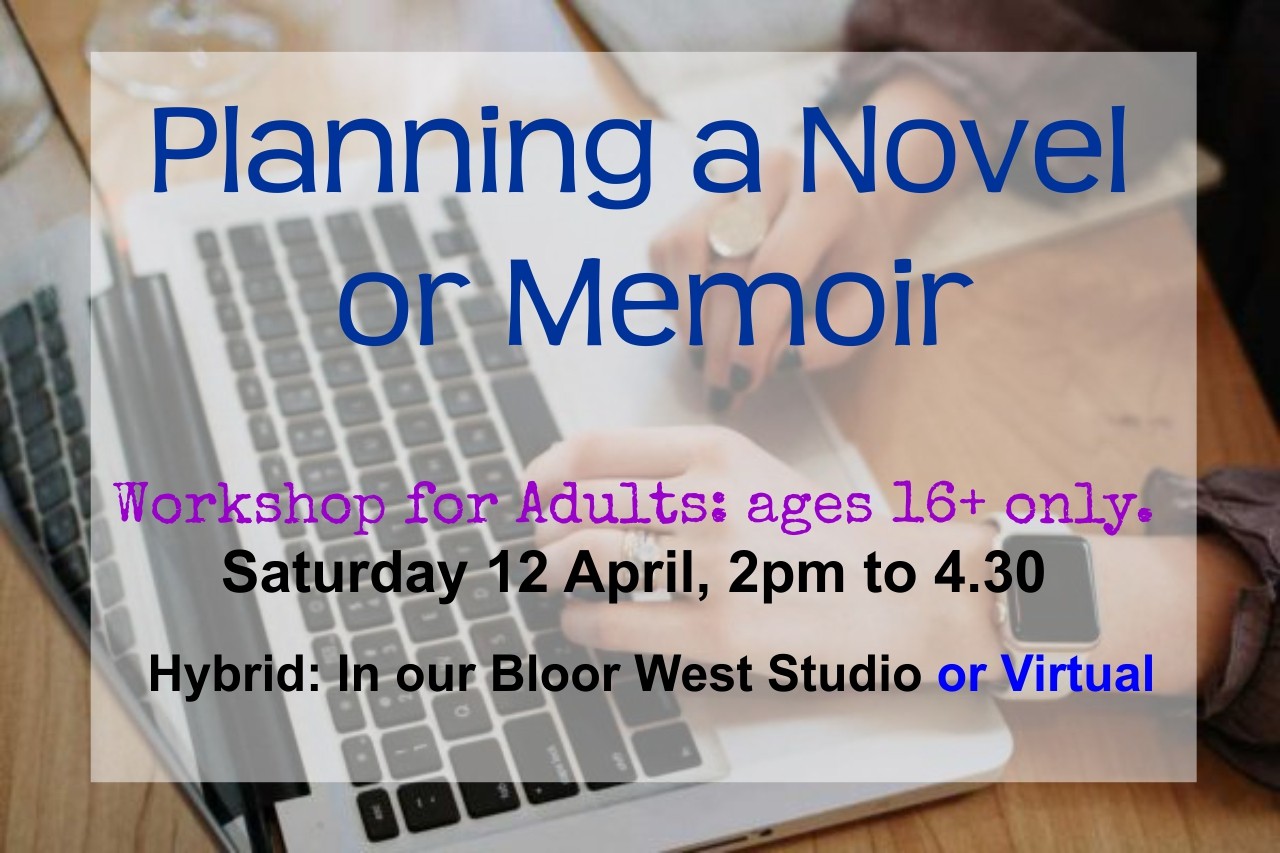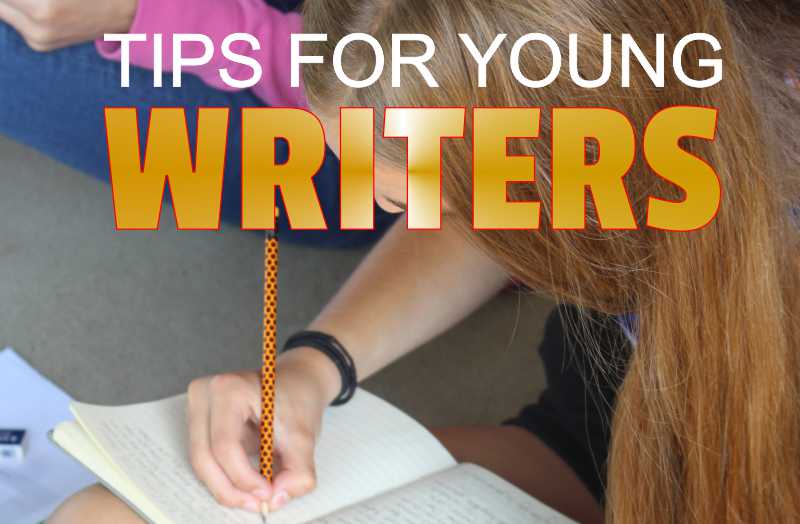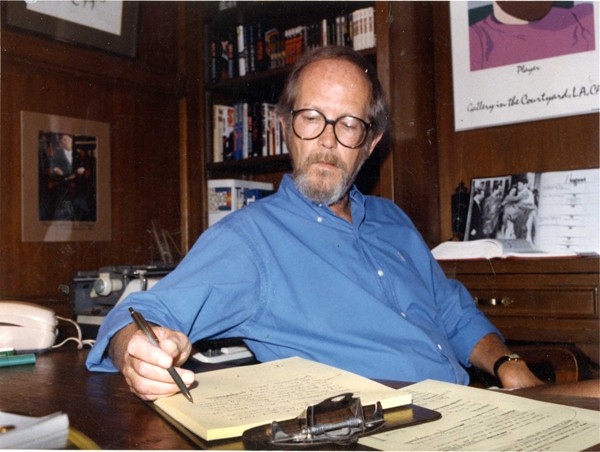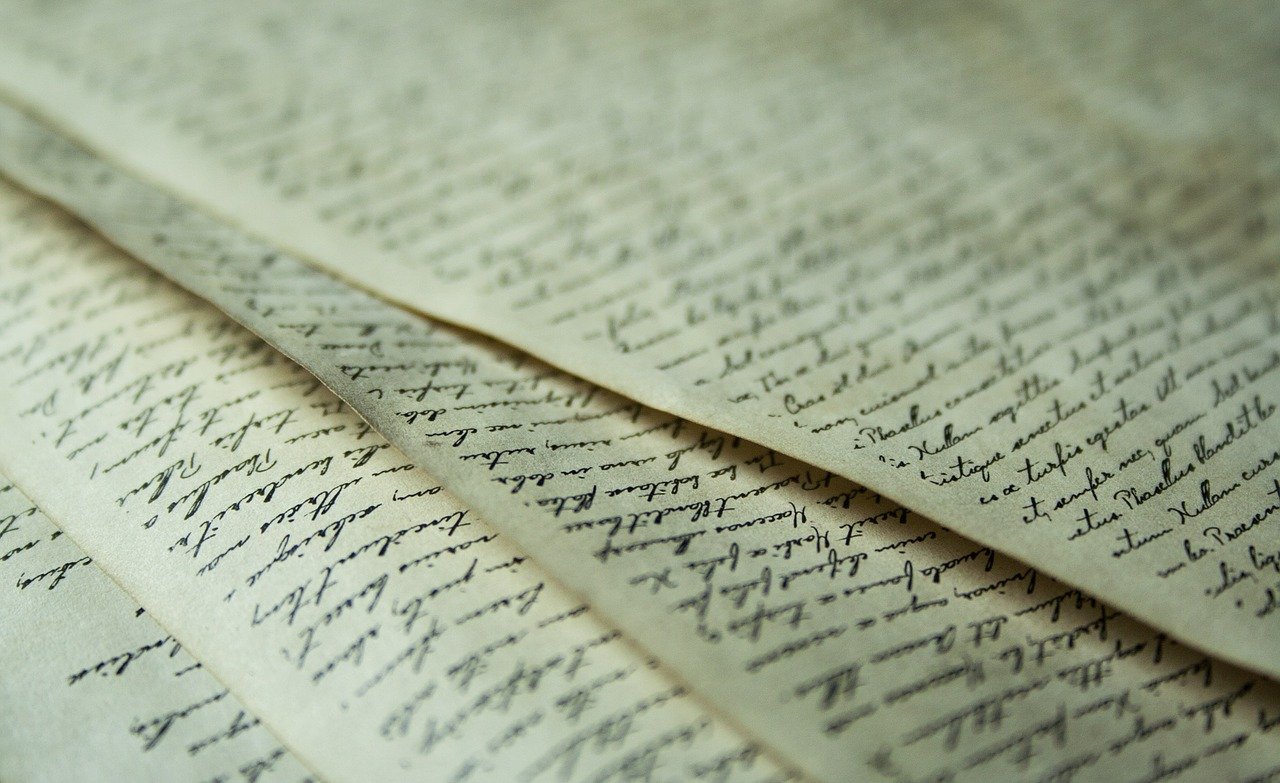Planning a Novel or Memoir. April 12 2025
Hybrid – join us on Zoom or in our Bloor West Studio Saturday 12 April 2025. 2pm to 4.30pm EST Open to adult writers, and teen writers 16+ Join us for a lively workshop on the process of plotting and planning a novel or memoir. We’ll cover Five Act Structure, the Three Peaks Method, Inciting Incidents and Character Transformation. We’ll also look at what makes a satisfying protagonist, how to choose your point of view and ways to keep your writing ‘in-scene’. Bring along your questions, ideas or works-in-progress, and prepare yourself for a fast-paced overview of plotting and planning All ages 16+ are welcome! Special Discounted Rate: $29+HST CLICK HERE TO REGISTER CLICK HERE to find out more about Julie Hartley, the instructor [...]







